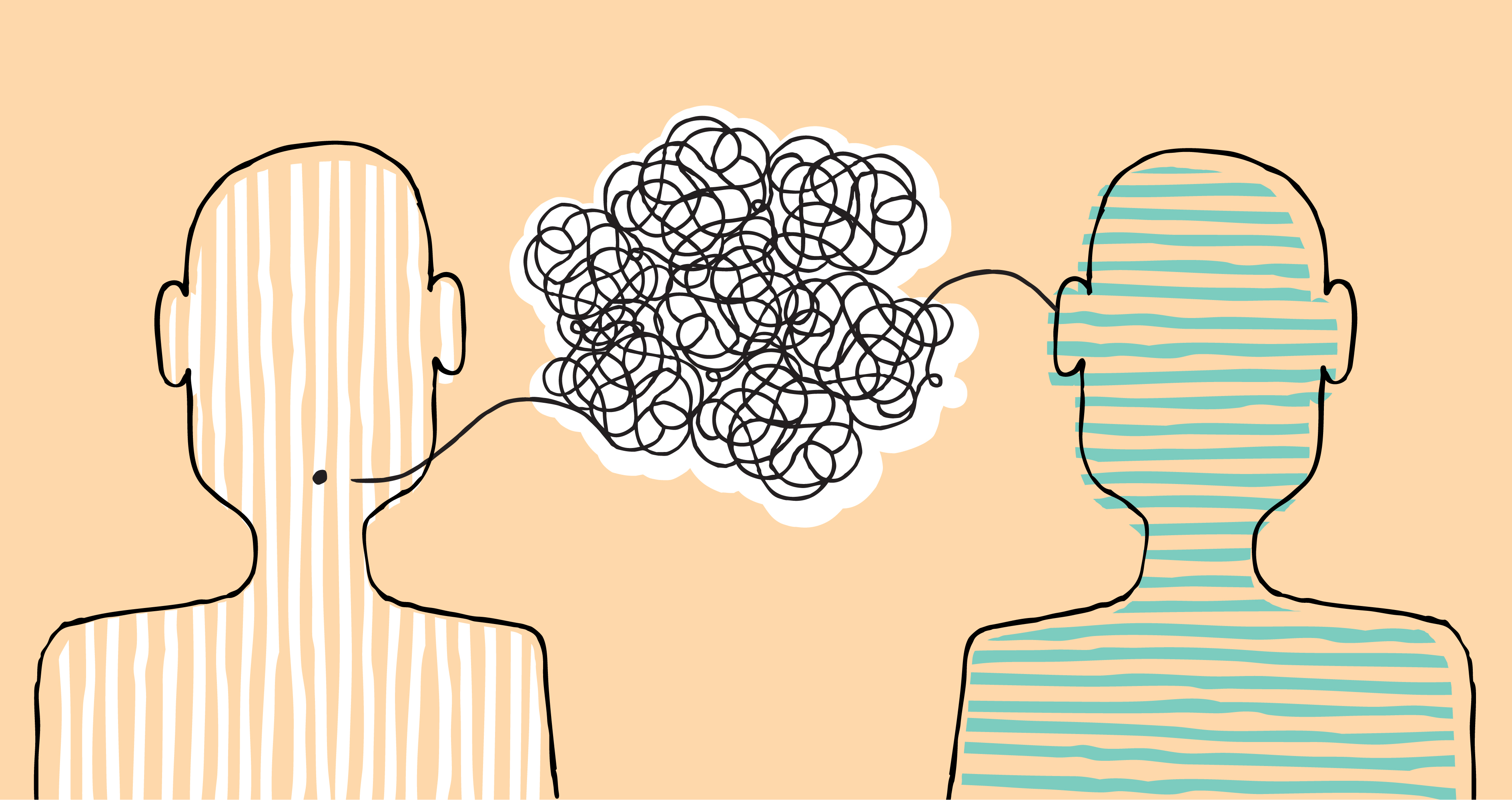We have all had those conversations with people where you feel like you can’t get through to them. No matter how you say it, or deliver the message, they just don’t seem to get what you’re saying. Well, we all need to take stock occasionally and think about how we communicate.
One of the most important factors to understand about communication is rapport. The rapport you display in the office as well as at home is so important and plays a big role in the success of all relationships. Rapport is a state of harmonious understanding with another individual or group that enables greater communication, which in turn makes the entire communication process easier and always more effective.
When we develop rapport with other individuals, three important things usually occur:
· Individuals feel valued;
· Individuals feel understood
· Individuals feel they have options and don’t feel over-controlled
The effectiveness of our communication is usually evident in the responses we receive. So, it’s important to remember that if we use negative language patterns, such as indirect requests, it can develop resistance instead of rapport which lessens our ability to influence behaviour. And once rapport has been lost, it can take a long time to rebuild it.
We create and maintain rapport subconsciously through matching non-verbal signals, including body positioning, body movements, eye contact, facial expressions and tone of voice with the other person. Communication is 7% verbal, 38% tone of voice and 55% body language. If there is a mismatch between what we are saying verbally and what our body language is saying, then the person we are communicating with will almost always believe the body language. Building rapport, therefore, begins with displaying appropriate body language – being welcoming, relaxed and open.
The way we use our voice is also important in developing rapport. When we are nervous or tense we tend to talk more quickly and this in turn can make you sound more tense and stressed. We can vary our voices, the pitch, the volume and pace in ways to make what we are saying more interesting but also to come across as more relaxed, open and friendly.
Building rapport can be incredibly beneficial to your career – it opens doors and helps establish good relationships with clients, colleagues and team members.
If you’re looking to improve the connections you have with others, give it a go and start building!













